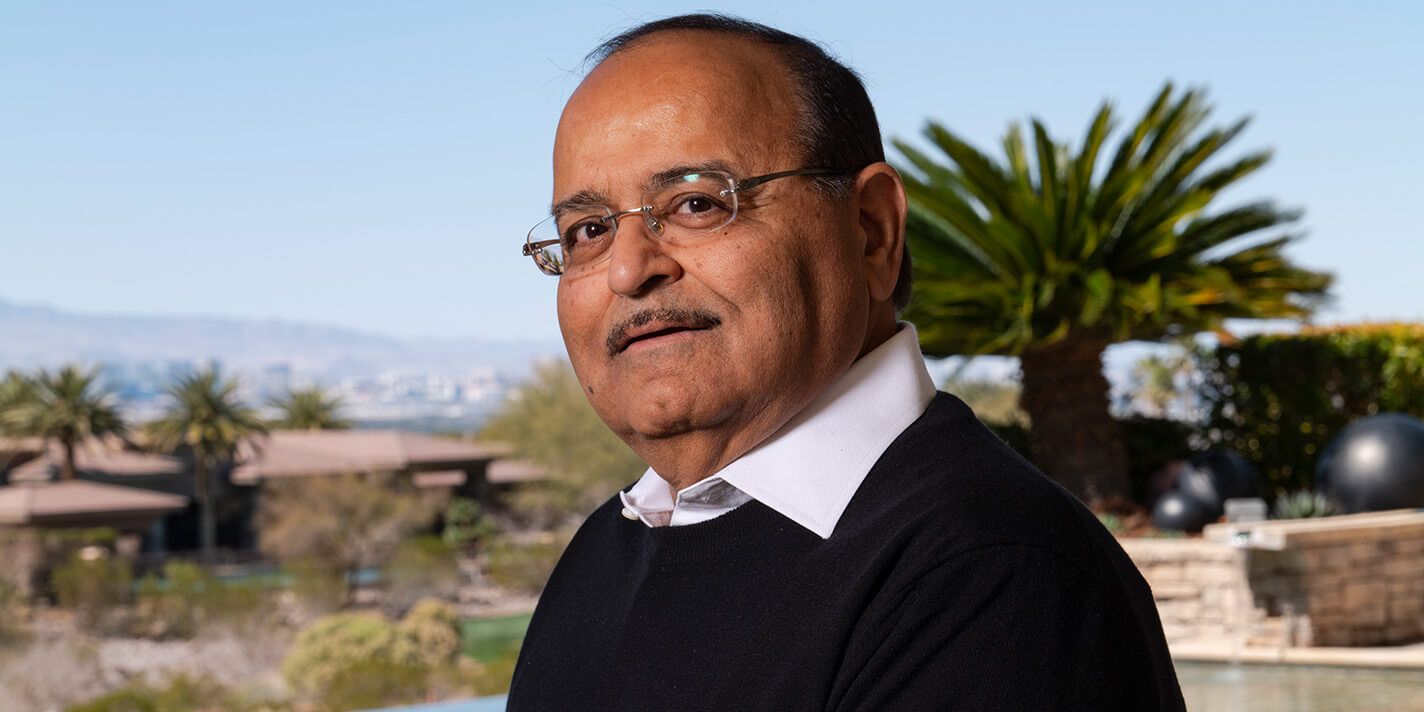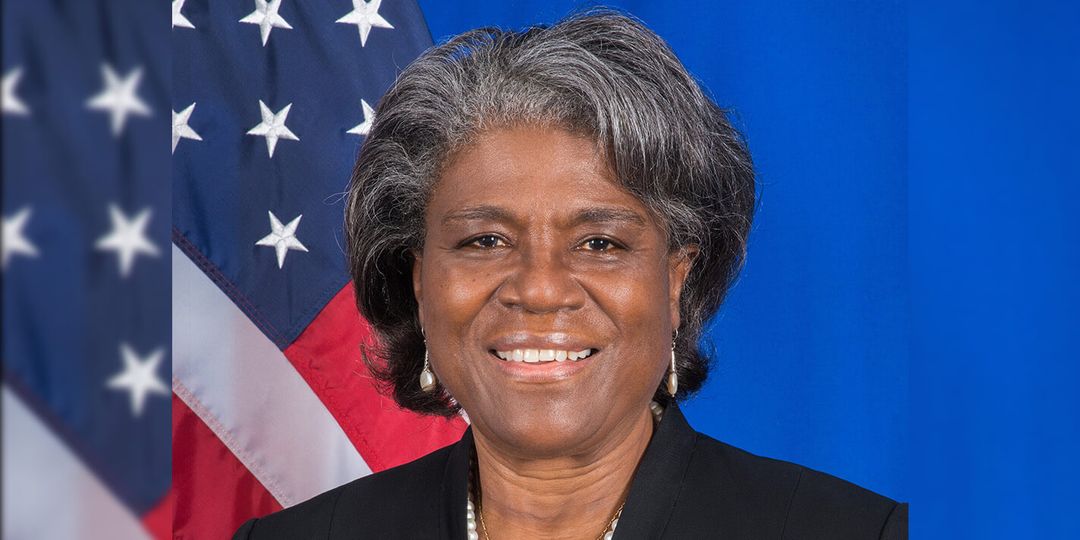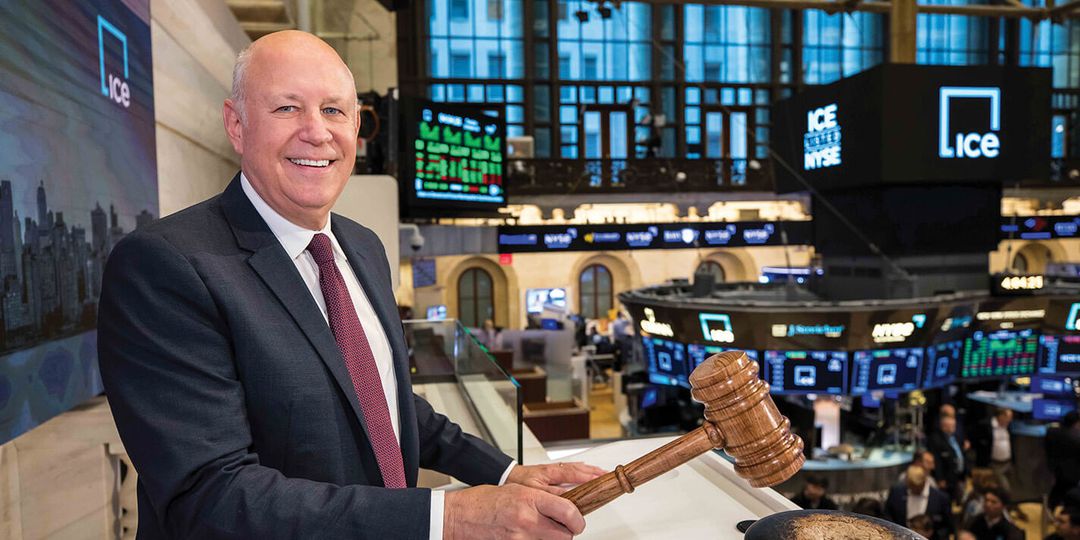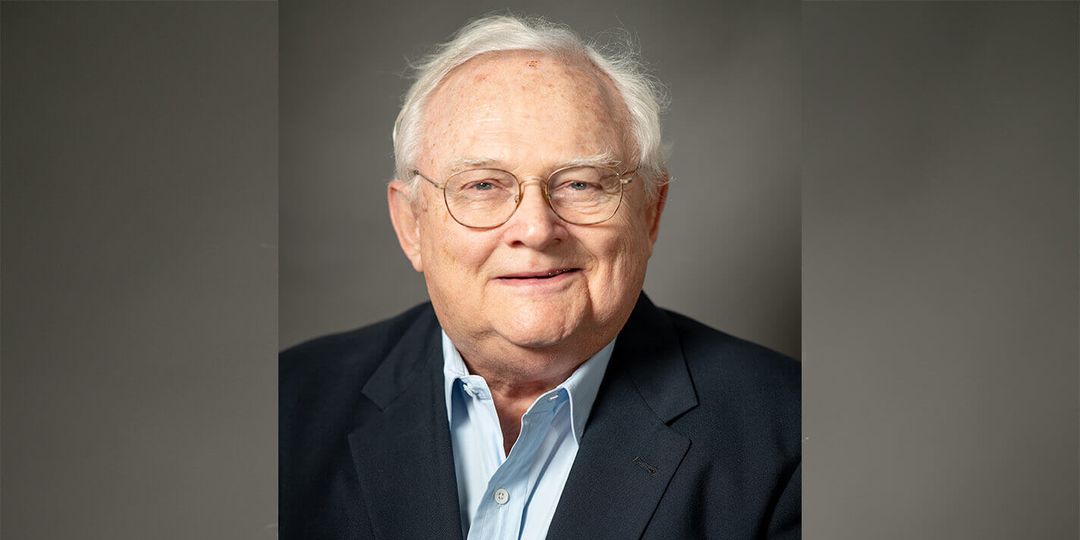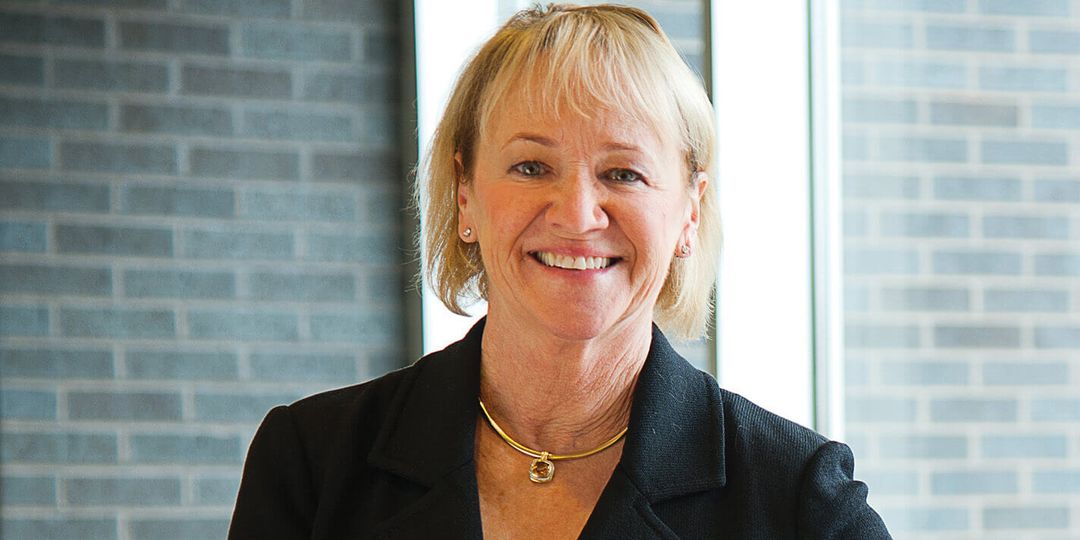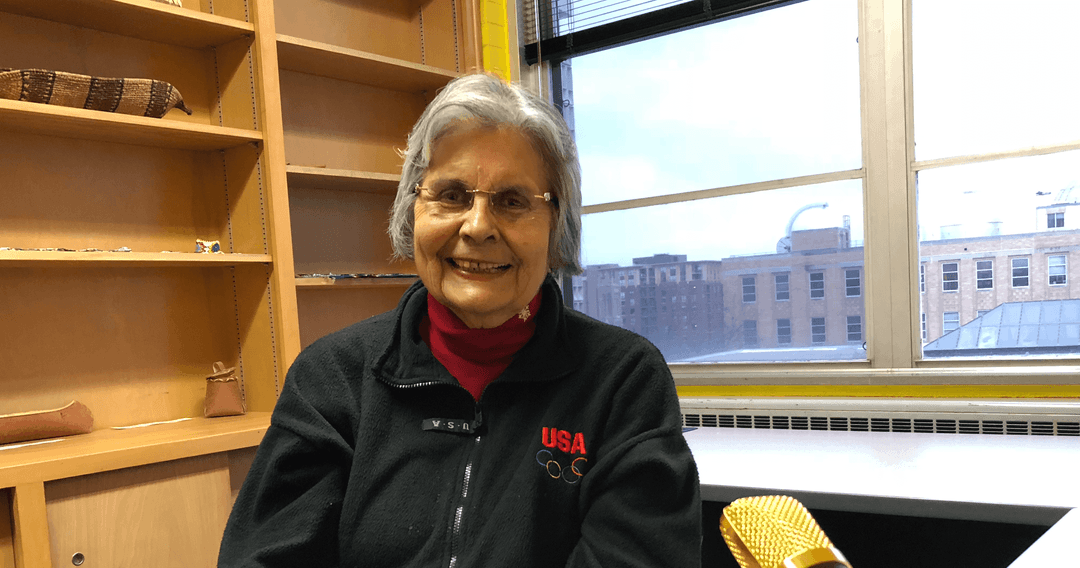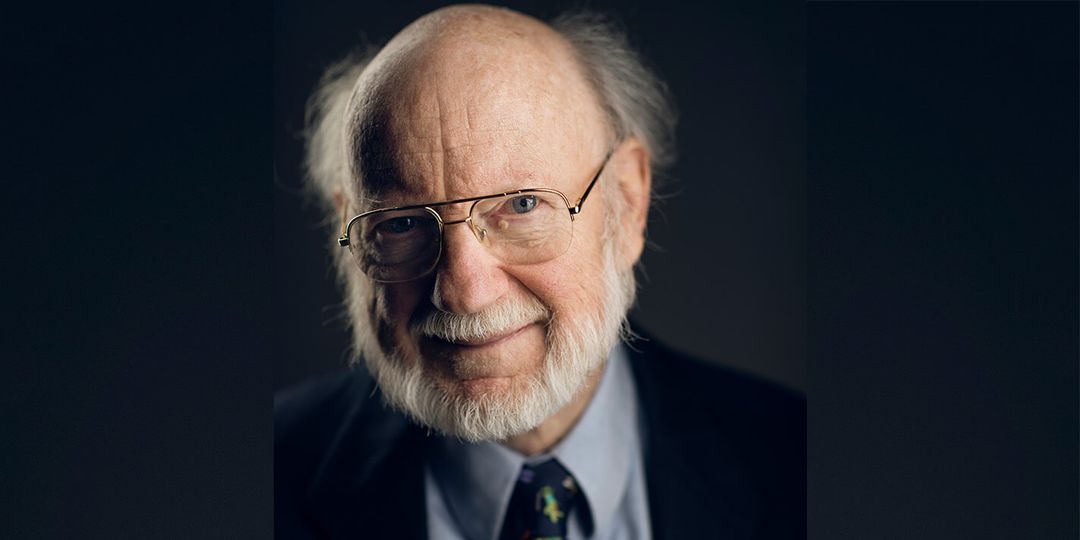UW Major: Computer Sciences
Cofounder of Palo Alto Networks, Inc.
When Rajiv Batra received his UW acceptance letter, he pulled out a map of the United States and scanned along both coasts to determine where, exactly, Madison was located. Though he was surprised to discover Wisconsin was in the middle of the country, Batra remained undaunted. He boarded a plane and left India for the first time in pursuit of the best possible education he could get in the rapidly growing field of computer science.
Within six months of the move, he knew he’d made the right choice. “Academically, the UW was miles ahead of what I was learning in India at the time,” he says. “It was a quantum leap in quality of education, with knowledgeable professors and advanced courses.”
A welcoming host family and a helpful department community also made it easy for Batra to thrive. After 15 short, intense months, Batra completed his degree and fielded multiple job offers. He moved to Beaverton, Oregon, to join the first computer network team at Tektronix, a manufacturer best known for electronic measurement tools.
Initially, Batra thought he’d spend his career at big, well-established companies. But after working at Hewlett Packard, Sequent, and SynOptics, Batra instead gravitated toward smaller, newer tech startups. He also met fellow engineers who were becoming entrepreneurs, and in 1996, he took yet another leap into the unknown and cofounded his first company, VitalSigns Software. Within two years, it was acquired by a larger services provider, and soon after, Batra joined Peribit Networks, Inc., as its first employee and vice president of engineering. Peribit Networks built cutting-edge WAN (wide-area networks). Peribit Networks was acquired by Juniper Networks in 2005.
Batra’s philosophy toward entrepreneurship is to build bottom-up ecosystems of development and organization that allow great people to make great products. “At a startup, you create the world you want to live in,” he says. “If you have ideas you think are better, you can experiment with them.”
In 2005, Batra cofounded Palo Alto Networks, which is now a multinational cybersecurity company that offers advanced firewalls and other leading web-security tools.
“The good mentors I had taught me that if you’re going to do something, you want to be among the best in the world,” he says. “Otherwise, what’s the point of putting in so many hours? I also wanted to build a more equal system where not only the first few people involved in the company make the money. We make the best product we can possibly make — and a good environment for everyone.”
In 2015, Batra stepped back from his active role as VP of engineering at Palo Alto Networks to spend more time traveling with his wife, Ritu. They’ve visited more than 50 countries, and along the way Batra has developed an appreciation for museums and cultural institutions. They have an especially close connection to Hawaii, and Batra is active on the board of the Honolulu Museum of Art. “It showcases Hawaiian, Pacific, and Asian art and makes a huge impact on the artist community and the children in the area, and it is really something to be preserved and nourished,” he says.
Yet education remains the cause closest to Batra’s heart. He’s also a past chair of the UW–Madison Computer Sciences Board of Visitors and has sponsored research, a chair and made contributions to the CDIS (Computer, Data, & Information Sciences) building.
In recent years, he’s also gotten involved in promoting cybersecurity education by sponsoring scholarships, a professorship, and chairs at his undergraduate alma mater, the Indian Institute of Technology Kanpur, and he’s helped aspiring entrepreneurs from India make connections in Silicon Valley.
“Providing the best education is the best thing you can do for future generations,” he says.
